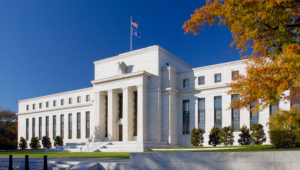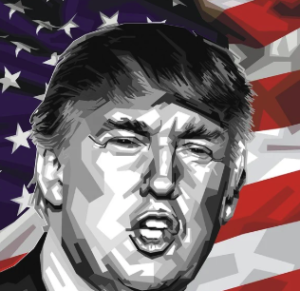$XRP
#Trump #JayClayton #SEC #XRP #Ripple #Crypto #Cryptocurrency #SDNY #LegalNews #Blockchain #PoliticalAlliances #Finance
The financial and crypto landscapes are once again at the cusp of a significant transformation with the recent appointment of Jay Clayton as the Acting US Attorney for the Southern District of New York (SDNY). Clayton, familiar to many within the crypto community as the former Chairman of the U.S. Securities and Exchange Commission (SEC), is back in the spotlight but this time in a different capacity. His appointment is turning heads not just because of the high-profile position but due to his controversial history with cryptocurrencies, more specifically, his role in initiating the SEC’s enforcement action against Ripple Labs for allegedly conducting an unregistered securities offering via its XRP token sales.
During his tenure at the SEC, Clayton was known for his stringent stance on cryptocurrencies, which he frequently emphasized needed to be regulated under securities laws if they fit the criteria. His late 2020 suit against Ripple was a testament to his commitment to this philosophy. The lawsuit claimed that Ripple had raised over $1.3 billion through an ongoing unregistered securities offering, which Ripple and its top executives vehemently denied, arguing XRP should not be classified as a security. This legal battle has had significant ramifications for XRP’s market behavior and has sparked wide-ranging debates in the crypto space about the regulatory scope and classification of digital assets.
The decision to appoint Clayton bypasses the traditional Senate confirmation process, a move that has raised eyebrows among critics and supporters alike. Critics argue that this appointment could signal a tightening grasp of governmental and regulatory bodies on the cryptocurrency industry, reflective of broader concerns about the sector’s future regulatory landscape. On the other hand, supporters believe Clayton’s legal acumen and familiarity with both the financial and crypto industries could bring about beneficial oversight. However, the overriding sentiment is one of caution, as the community watches closely to see how Clayton’s previous engagements, particularly the lawsuit against Ripple, might influence his strategies and decisions in this new role.
The underlying concern amongst cryptocurrency enthusiasts and investors revolves around the potential for regulatory overreach that could stifle innovation and growth within the sector. Clayton’s stance on crypto regulations brings an element of uncertainty, especially concerning how regulatory frameworks will evolve to address the unique challenges and opportunities presented by digital assets. The crypto community is keenly aware of the shifting political alliances and their influence on regulatory actions and appointments. As Clayton steps into his new role, all eyes will be on how his past experiences and perspectives on cryptocurrency regulation will shape his actions and policies moving forward, potentially setting new precedents for how digital assets are viewed and managed legally in the United States.







Comments are closed.